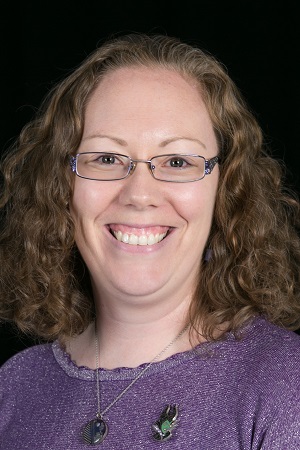GAM 2017 Blog
- Published: Saturday, April 22 2017 00:00
By Kimberly Cullen
When ever I get asked “So Kim, what do you do?” I generally say “I’m an astronomer (or astrophysicist if I want to sound super smart or theoretical astrophysicist if I really want to take someone down a peg) by trade and now I work as a science communicator”. Usually at this point I get asked “What’s a science communicator?” which is something we can get into another time… What I want to talk about is what an astronomer does on a day to day basis.
What do you think about when you think of what an astronomer does every day? Take some time here to daydream. What did you come up with? Most people who are not involved in the industry (yes, astronomy is an industry) usually imagine someone sitting up all night every night looking through telescopes. Spoiler alert: This is not the case.
There are two major “fields” or “areas of study” in astronomy – you’re either an “observational” astronomer where you get to use telescopes (optical, radio, gamma, etc) to collect data or a “theoretical” astronomer where you get to use amazing computers (called super computers) to run simulations of how the universe, galaxies, etc are formed, evolve, die etc. Within each of these there are of course intricacies and subcategories however today I’m going to keep it this broad.
Each of these areas of study have their own idiosyncrasies and neither one involves looking through a telescope each and every night – not even observational astronomers are “observing” all the time. In fact theoretical astronomers almost never use telescopes. On a daily basis, astronomers spend most of their time doing one of two things – analysing the data they’ve collected or researching what is happening and being discovered in their niche area of astronomy by reading other astronomers published papers.
An observational astronomer who has been granted “telescope time” (time to use the telescope to collect data or information) may only be given a few days or so to use the telescope to gather data. This means travel to some exotic locations Chile, Hawaii, Parkes! Not necessarily, these days “remote observing” is becoming more and more prevalent. This means that you can login to the telescope and do your observing from the comfort of your own office.
Hint: If you don’t want to have to worry too much about the weather either don’t do research that uses light (as you can’t observe during the day or if the weather is not good), use a space based telescope or be a theoretical astronomer.
A theoretical astronomer generally doesn’t use a telescope at all. Similar to an observer, a theoretical astronomer can be granted “computing time” (time to use the super computer to run simulations) however this too is limited.
Note: Observational and theoretical astronomers work together to explain the universe – an observer observes what’s there and a theoretician tries to simulate how what is seen came to be using maths, physics and lots of computing power. When it doesn’t match up then it’s back to the drawing board for one or both to figure out what’s going on.
A lot of an astronomers time is spent in front of their computer analysing the data that they’ve collected, either from telescope or computing time. The vast amounts of data that has been collected needs to be analysed. The “raw” data often contains far too much information to clearly see any patterns without looking at it in a different way. This analysis requires time for the raw data to be analysed using different software packages. In some cases, the astronomer needs to create new or amend current programs to read and present the data in a way that is useful for what they want to do with the data.
Most of the rest of the time an astronomer needs to keep up with the research being conducted by other researchers in their particular area of astronomy. This is so that when new discoveries are made they can be referenced, used as a basis for their research, etc and to make sure that the one massive discovery that they’re working on doesn’t get published by someone else first!
Whilst astronomy may not be the “glamourous” profession you may have initially thought, the discoveries that are made definitely are. Astronomers look into the face of the universe and attempt to explain how and where it all came from.
Who can say that isn’t glamourous…
 Kimberly's "trade" is physics and astrophysics however she has been working and volunteering in Science Communication for over 10 years. Her science communication background is in Performance Science Communication having held several roles where she would present science shows to school groups and the general public. She currently works at the University Technology Sydney.
Kimberly's "trade" is physics and astrophysics however she has been working and volunteering in Science Communication for over 10 years. Her science communication background is in Performance Science Communication having held several roles where she would present science shows to school groups and the general public. She currently works at the University Technology Sydney.
Exciting young people about science and science careers is Kimberly's passion shown by her consistent involvement with in the Science Communication industry. As well as this, Kimberly has a passion for supporting early career Science Communicators and in order to do this at ground level she has recently taking on the mammoth role of President of the NSW Branch of the Australian Science Communicators which is currently undergoing a rebirth after being inactive for the last few years.








